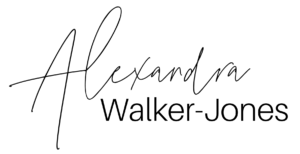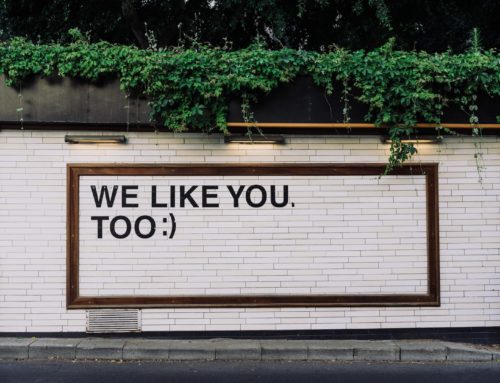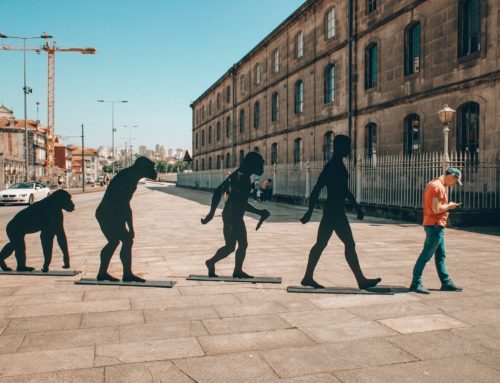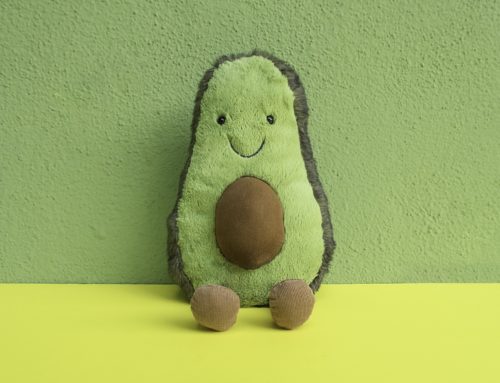It’s impossible for me to be alone in this feeling. The feeling, that is to say, that the world, or at least my experience of it, has become infinitely more nuanced these past few months — nay, the whole of 2020.
As many of us individually, and with a fair degree of apprehension, rearranged our lives to take place exclusively within the four walls of our flats and houses for weeks on end, we have stumbled into what has become a period of transformation for us all, on a very personal level. What’s more, is that for the first time (at least in the duration of my life), I, like many others, have been involuntarily required to take a step back from my occupations in their entirety. While the spread of a new coronavirus has, undeniably, claimed far too many lives, contributed to a further polarization of media and politics at both a global and local level, as well as exhausted and exploited those deemed ‘essential workers,’ among others, it is absolutely necessary that we, as a society, do not let the opportunity for meaningful change escape us. Indeed, amidst the chaos and the uncertainty of risk, we have ultimately been given a chance to reevaluate the systems, structures, and institutions that we engage with on a day to day basis, both consciously and subconsciously.
To the point of this post, I have found myself, over the course of my varying degrees of quarantine, questioning where, and on what, my attention should be focused. It was almost as if this suspension of normalcy in my life, — one that occurred so rapidly and without warning for all of us — had left me with an overwhelming sense of being quite lost. I’ll be honest, I had the urge to return to a state of existence not unlike the one I experienced as a child: to yield to my newfound freedom from academic obligation, to eat, to sleep, to be productive only when I felt like it, and to live unconcerned with the people and the happenings around me — after all, if I wasn’t going to exist in the outside world anymore, I might as well put up the blinkers and switch off the flashing light of social responsibility in my head. Regrettably, I’ll admit, I did this for a while.
The results were unsurprising, to say the least. My boredom during this time became deeply tinged with feelings of guilt, and frustration at my self-imposed ignorance. Here I was feeling annoyed and ungrateful at the stagnation of my social life, while serious issues were in the process of being dug up from under the rug they had, for so long, been swept under. Frankly, I made every excuse I could think of until I ran out of excuses, and even the will to exact them from my own brain. Finally, I opened up my laptop and set out to self-educate.
My current outlook on 2020 and the complete reconfiguration of my intentions in navigating the remainder of this year, (and dare I say life, in general), can be fully attributed to the specific topics that I engaged with at this time, as well as the ones I continue to learn about. You see, the more I tuned into the thoughts and ideas of individuals far more informed than myself, the more I understood why I could never again resign myself to apathy.
Really quickly, let me introduce you to the idea of Social IQ: Psychologists often debate the precise implications of the terminology they use, so multiple definitions are not only likely, but they are expected. In the context I wish to apply it, Social IQ encompasses an individual’s awareness of social customs, obligations, and their ability to successfully, and progressively, interact with others. Alternatively, the concept emphasizes maintaining a degree of sensitivity towards other people’s sensitivities; markers such as tact, political correctness, and effective communication all tie into a person’s score in this area of intelligence. Unlike other forms of intelligence — ones that are more or less determined through a combination of genetics and early childhood development — Social IQ has the wonderful quality of being adaptable, and even more importantly, expandable.
Now, perhaps it’s my general naivety, or the fact that I give in too willingly to the rat race of my city — or the ego-centric way of thinking that it is so cleverly conducive to — but prior to beginning this venture of self-education, I found it far too easy to disregard my responsibility in raising my Social IQ to match my privilege. In this sense, I mean to express that it is not a praiseworthy task to learn about the goings-on of the world, rather, it’s the responsibility I have as a member of an unperfected society to not obstruct the path and power of change. I will not pretend as if anything I am saying has never been said before. If you’ve ever heard the age old adage, “knowledge is power,” then I’m not convinced you have much to gain from this personal essay, aside from an encouragement to reassess your current implementation of it. Perhaps, expand that Social IQ of yours to include sensitivity towards a group of people you have yet to understand. Maybe, take the time to research the implications of the language you use in referring to individuals of a different race, gender identity, sexuality, or class than you. Possibly, reconsider the recipient institutions of your money, and choose to support companies that are committed to solving even just a single problem that the world currently faces.
Whether we like the reality of it or not, 2020 is not just a case of bad luck. This seemingly disastrous chain of events that has given way to extreme partisanship, increased (or perhaps just newly recognized) discrimination, and general civil unrest has been a long time coming; we know this because history tells us. Additionally, change cannot occur in the absence of adversity simply for the reason that humans do not change unless they are faced with adversity; we know this, because Eckhart Tolle tells us. Fortunately, if we do choose to tackle this adversity head on, as a collective, and with a high degree of caution and mindfulness, we are almost guaranteed to become the catalyst for positive change.
Ultimately, I have come to view this period of time, however confusing and problematic as it may feel, as a severe wake up call. In fearing for the health and safety of my loved-ones amidst a pandemic, I have gained understanding of access to healthcare as a human right. In remaining indoors for weeks at a time, I have come to realize the value of beaches, parks, libraries and other free communal spaces that promote peace and connection. In being restricted in my interaction with friends, family, and strangers alike, I have come to appreciate the necessity of human touch. In experiencing even a fraction of the financial distress that others are burdened with, I have been forced to acknowledge how truly lucky I am in my circumstance. In finally paying attention to the injustices and atrocities committed against minorities in this country, I have opened my eyes and ears to a side of the narrative I was never taught about in school. How dare I turn away from learning, second-hand, the suffering and inequalities faced by so many, first-hand? I have no right to be more concerned with my own boredom than the prospect of picking up a book, or putting on a podcast. I am learning, yet I have so much further to go.
I cannot help but feel extremely angered by the veracity of the notion that so many of us have only just been able to engage in this form of self-education — whether its characterized by new found participation in political discourse, Black Lives Matter street activism, or even the process of becoming reacquainted with our own dreams and passions — as a result of no longer being too distracted by the functions of our ‘normal lives.’ The entire notion of ‘normal,’ at least the way I have come to see it, is not only an additional obstacle to societal progress, but it is a false sense of security, and ones that hinders individual accountability. I would be lying if I said that it was anything close to an enjoyable experience to watch footage of police brutality against unarmed black men, women, and children. I would wildly irresponsible to imply that it was an easy task to hold my friends and family accountable for subtly racist or sexist remarks, when in truth, I had only just begun to learn about them myself. What’s more, is that I would be doing a disservice to me, and to others around me, if I encouraged the idea that political engagement was optional. Yet, these are all conditions we accept when we glorify a return to ‘normal.’
I am certain that now is the time to work towards a better ‘normal.’ To dissect and dismantle the oppressive institutions and belief systems we subscribe to, to discover what it means to hold oneself to a high standard of Social IQ, and to discern the difference between wanting ‘normal,’ and wanting better.
It’s impossible for me to be alone in this feeling. The feeling, that is, that the world has become infinitely more nuanced. I think now, that nuance is just the word for change.





